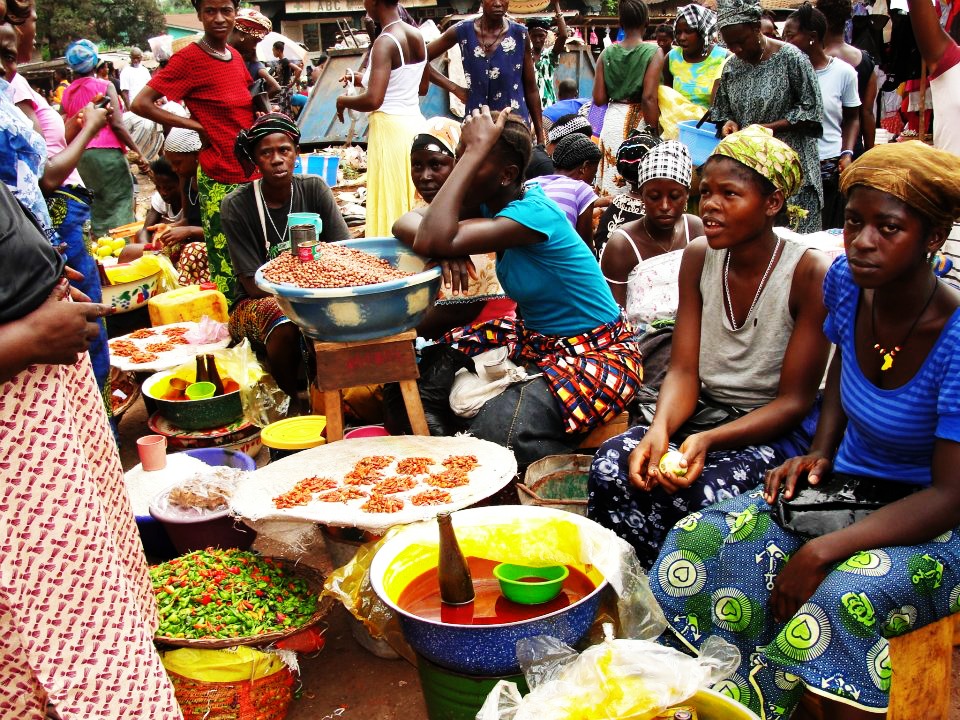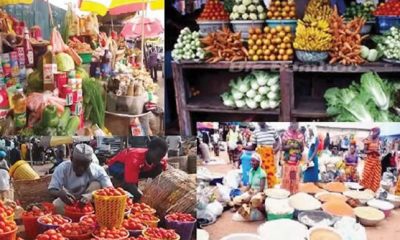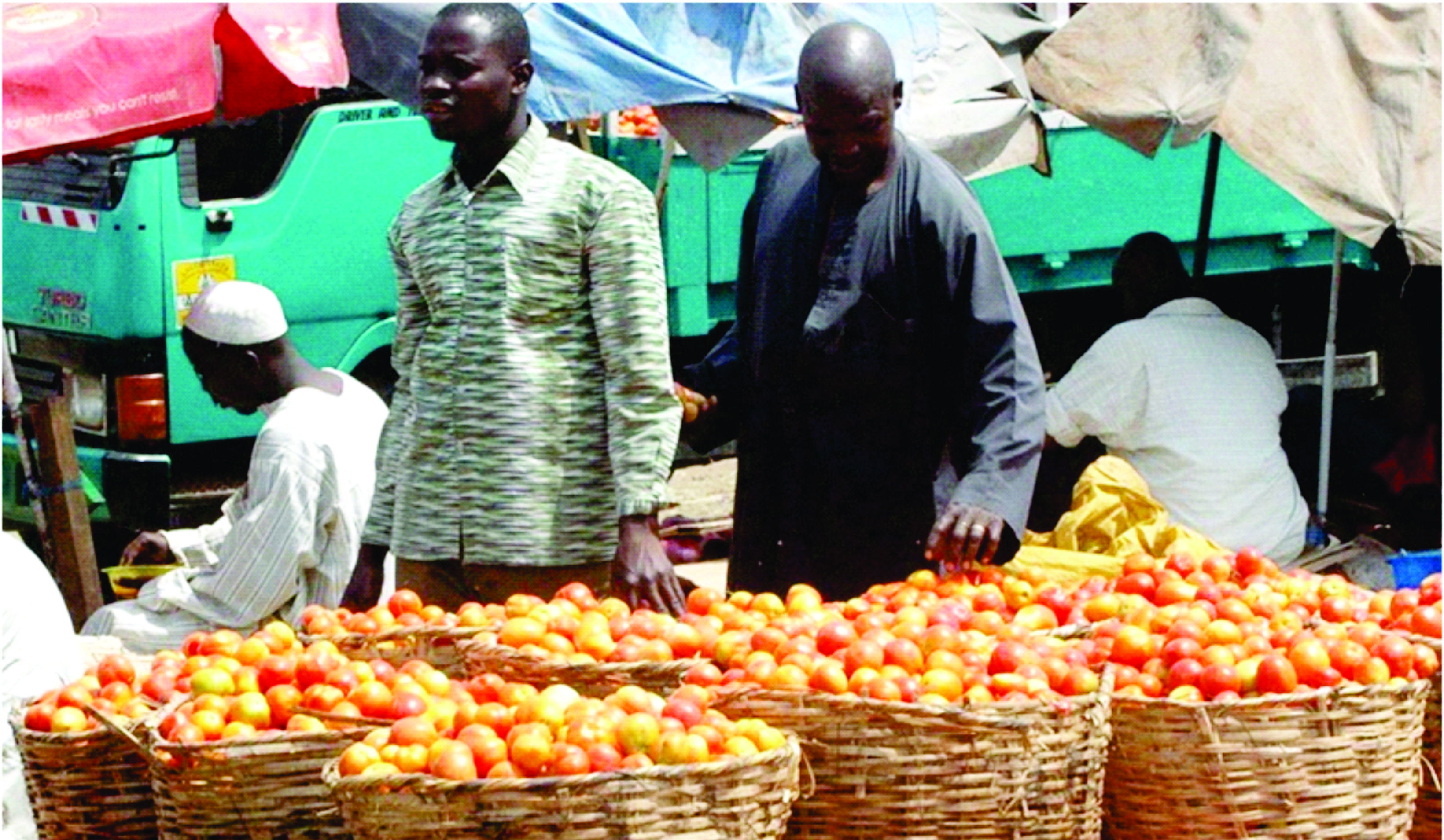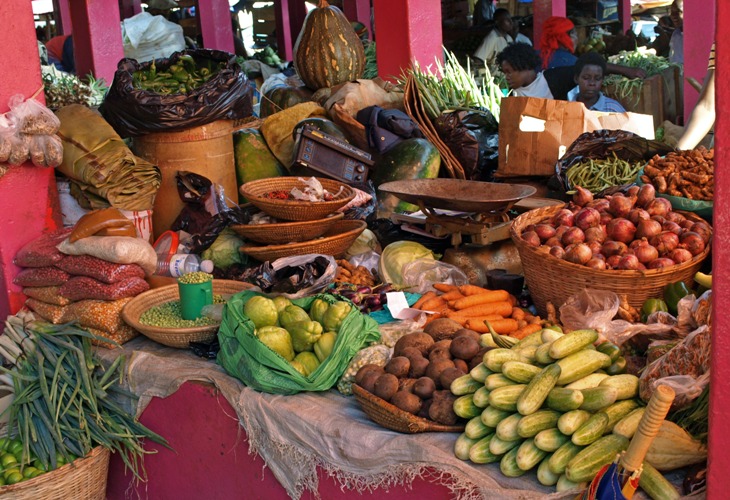Food prices have remained stubbornly high despite the decline in inflation rates over the months.
According to a recent statistics released by the National Bureau of Statistics, Nigeria’s year-on-Year inflation declined sharply in the month of December to 15.37%. This will be the 11th consecutive decline in YoY headline inflation in 2017.
Also, month-on-month (MoM) inflation declined to 0.59% (7.31% annualized) from 0.78% (9.77% annualized) in November.
While the trend in the core measure has broadly reflected the softening of demand in the now-ended recession, food prices have remained stubbornly high because of supply factors, notably insecurity and a pick-up in food exports.
Selected food price watch data for December 2017 reflected that the average price of 1 dozen of Agric eggs medium size increased year-on-year by 12.40% and month-on-month by 6.76% to N494.43 in December 2017 from N463.11 in November 2017 while the average price of piece of Agric eggs medium size (price of one) increased year-on-year by 4.88% and month-on-month by 1.24% to N41.32 in December 2017 from N40.82 in November 2017.
The average price of 1kg of tomato increased year-on-year by 3.51% and decreased month-on-month by -3.56% to N276.18 in December 2017 from N286.39 in November 2017.
The average price of 1kg of rice (imported high quality sold loose) decreased year-on-year by -9.58% and increased month-on-month by 2.88% to N371.21 in December 2017 from N360.83 in November 2017.
Similarly, the average price of 1kg of yam tuber decreased year-on-year by -3.67% and month-on-month by -0.31% to N211.61 in December 2017 from N212.27 in November 2017.
ALSO SEE: How fraudsters impersonated Ambode, attempted to defraud LASG
The NBS commentary isolates the large price increases for lubricants and fuel for personal transport, for solid fuels and for air passenger transport. This is consistent with the anecdotal evidence of fuel scarcity, notably of gasoline/petrol, in the holiday season.
The NBS also tracks inflation by state, with the highest 21.9% y/y in Bauchi in December and the lowest 10.0% in Kogi. However, it cautions that household baskets vary across states.
This steep drop in MoM inflation can be attributed to a massive increase in aggregate output in the final months of 2017.
According to the NBS, the transport index remained flat despite the fuel scarcity experienced in December. This may be due to the delayed transmission effect of the shortages on the general price level.
As the MPC prepares for its first meeting of 2018, the steep decline in inflation will mount immense pressure on the committee to take an accommodative stance on the MPR, as it will be difficult for any hawk in the MPC to argue against easing rates at this time.


 Football1 week ago
Football1 week ago
 Health & Fitness2 days ago
Health & Fitness2 days ago
 Featured5 days ago
Featured5 days ago
 Comments and Issues1 week ago
Comments and Issues1 week ago
 Education6 days ago
Education6 days ago
 Business6 days ago
Business6 days ago
 Crime6 days ago
Crime6 days ago
 Business5 days ago
Business5 days ago






